The 12 Olympian Greek Gods
Greek Mythology
The 12 Olympian...|| 20 April
Unit 1: What Are Greek Gods?
Greek gods are central figures in ancient Greek mythology, embodying natural and humanistic phenomena. These deities played crucial roles in explaining the world and the Greeks’ place within it, influencing everything from weather to morality. Worship practices involved building temples, offering sacrifices, and holding festivals in their honor.
Unit 2: What is a Myth?
A myth is a traditional story often involving gods, heroes, and supernatural events that explains aspects of the world or its experiences. Greek myths were integral to the culture, serving as both entertainment and a way to understand the universe and our human nature.
Unit 3: Greek Gods, Their Powers, and Stories
Greek mythology includes numerous gods and goddesses, each of them with distinct roles and stories. The 12 Olympians are the most famous, many other deities also played significant roles. Let's have a look!
The images below are AI-generated potraits that depicts the greek-gods characters distinctively. For concise descriptions you can check their sculptures, visit Wikipedia and/or take a tour in Greece.
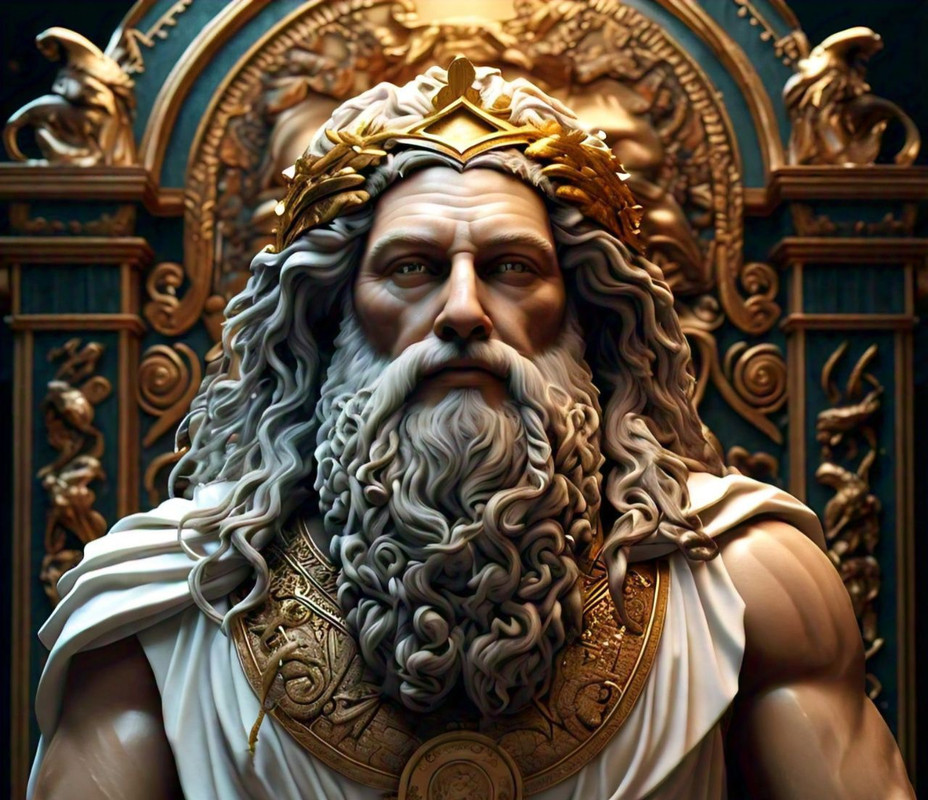
Zeus - The king of the gods and ruler of Mount Olympus, Zeus is the god of the sky and thunder. He is known for his numerous affairs with both goddesses and mortal women, resulting in many offspring, including heroes like Hercules. One of his most famous myths involves his battle against the Titans, where he led the Olympians to victory and established their dominion over the cosmos. His thunderbolt, a gift from the Cyclopes, symbolizes his power and authority.
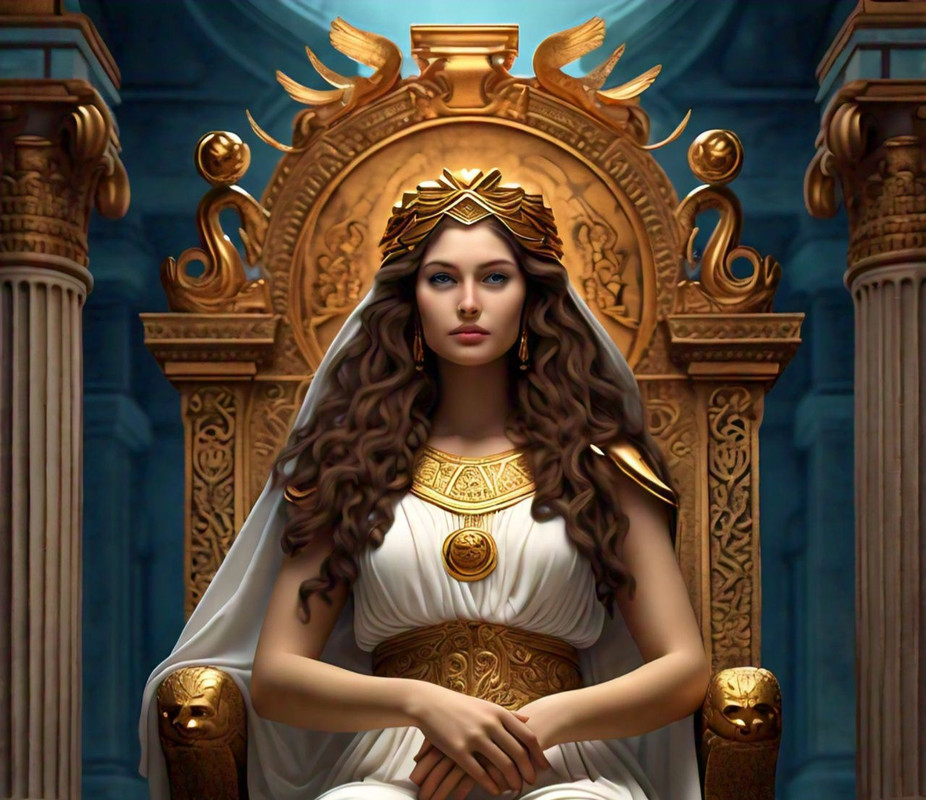
Hera - The queen of the gods and the goddess of marriage and childbirth, Hera is both Zeus' sister and his wife. She is often depicted as a jealous and vengeful figure, particularly against Zeus' lovers and their offspring. In one myth, she punishes the mortal woman Semele, the mother of Dionysus, with a tragic death. Despite her harshness, Hera was revered as the protector of women, especially in their roles as wives and mothers.
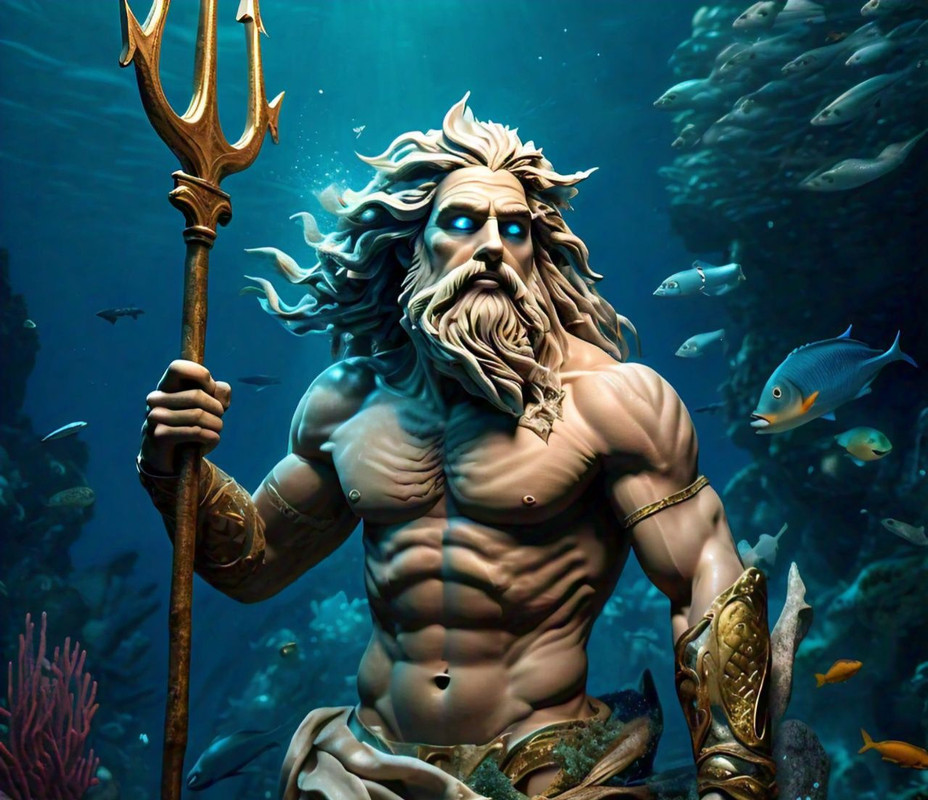
Poseidon - The god of the sea, earthquakes, and horses, Poseidon is one of Zeus’ brothers. He is known for his volatile temper, which could cause storms and earthquakes. Poseidon’s most famous myth involves his contest with Athena for the patronage of the city of Athens. While Poseidon offered the city a saltwater spring (or a horse in some versions), Athena's gift of the olive tree was deemed more useful, and she became the city’s patron deity.
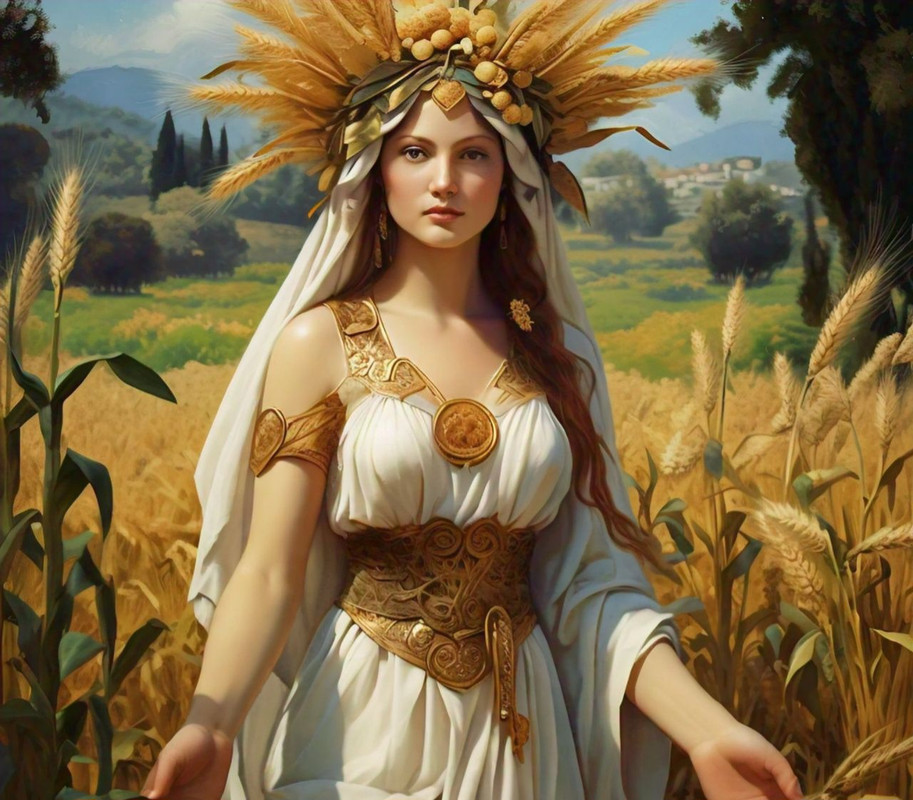
Demeter - The goddess of agriculture, fertility, and the harvest, Demeter is central to the myth of Persephone, her daughter. When Persephone was abducted by Hades and taken to the underworld, Demeter’s grief caused the earth to wither, leading to the creation of the seasons. Her joy at Persephone’s return brings spring and summer, while her sorrow during her daughter’s absence brings autumn and winter.
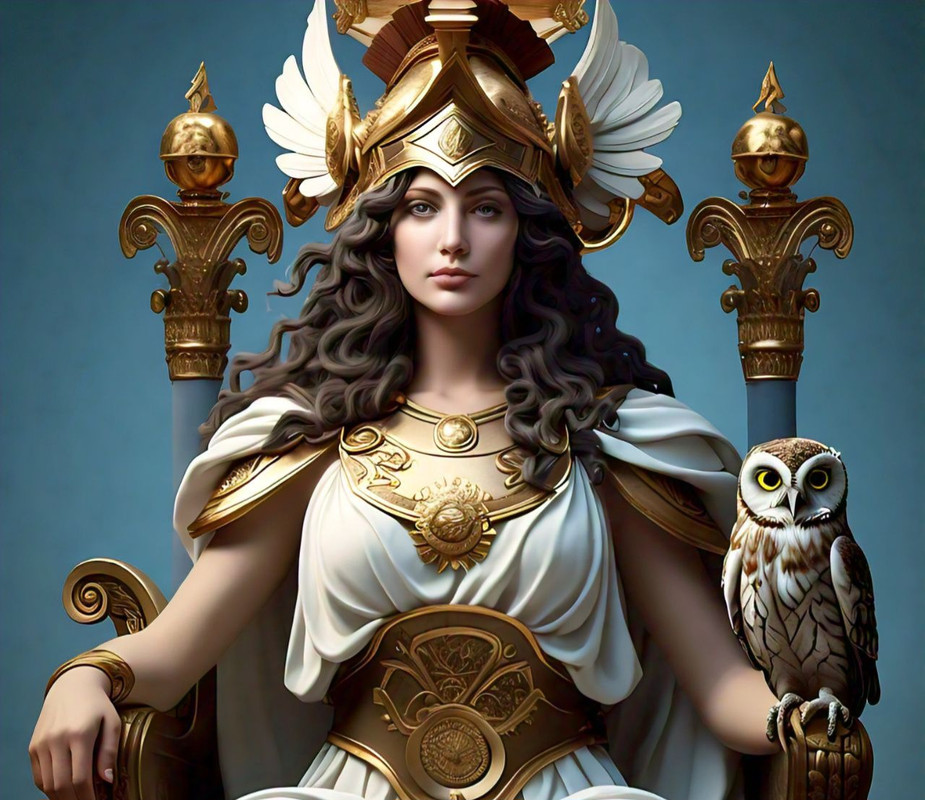
Athena - The goddess of wisdom, war, and crafts, Athena was born fully armored from the forehead of Zeus after he swallowed her pregnant mother, Metis. She is a virgin goddess and was often depicted with an owl and a shield (Aegis) bearing the head of the Gorgon Medusa. Athena played a key role in various myths, including assisting heroes like Odysseus and Perseus. Her most significant myth is the creation of the first olive tree, which secured her role as the protector of Athens.
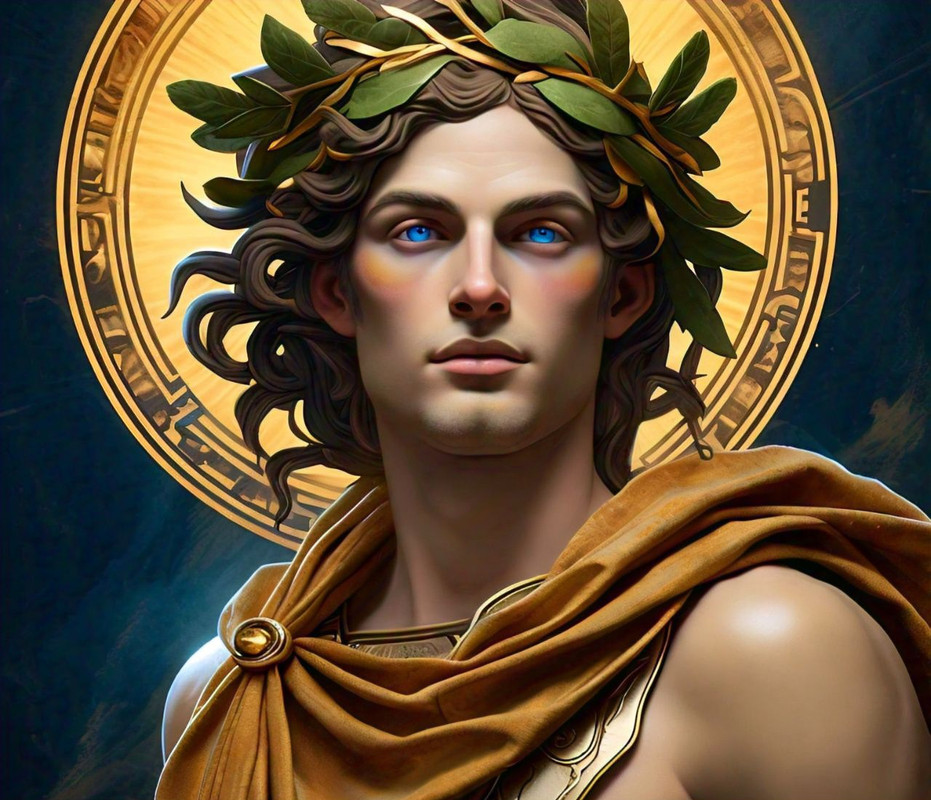
Apollo - The god of the sun, music, prophecy, and healing, Apollo is one of the most versatile deities in Greek mythology. He is the twin brother of Artemis and the son of Zeus and Leto. Apollo is known for his musical talents, playing the lyre, and for his oracle at Delphi, where he communicated divine prophecies to mortals. A famous myth involving Apollo is his pursuit of the nymph Daphne, who transformed into a laurel tree to escape him, leading Apollo to adopt the laurel as his sacred plant.
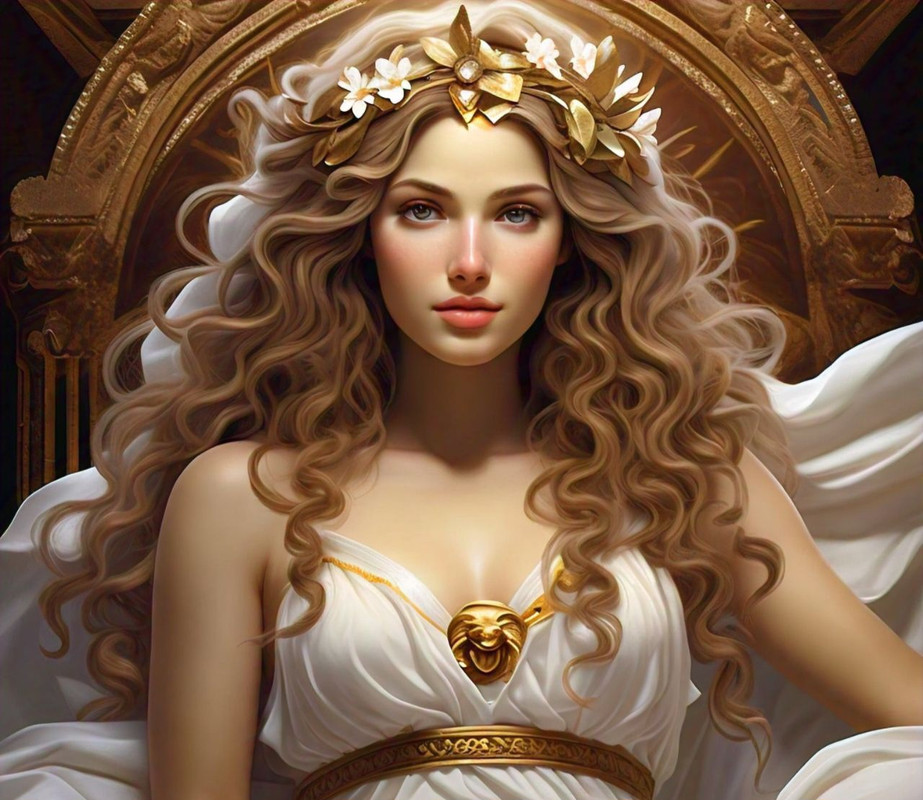
Aphrodite - The goddess of love, beauty, and desire, Aphrodite was born from the sea foam and is married to Hephaestus, the god of blacksmiths. However, she had many lovers, including Ares, the god of war. Aphrodite is central to the myth of the Trojan War, where she promised Paris, the prince of Troy, the love of the most beautiful woman, Helen, leading to the war. Her role in the story highlights the destructive power of desire and beauty.
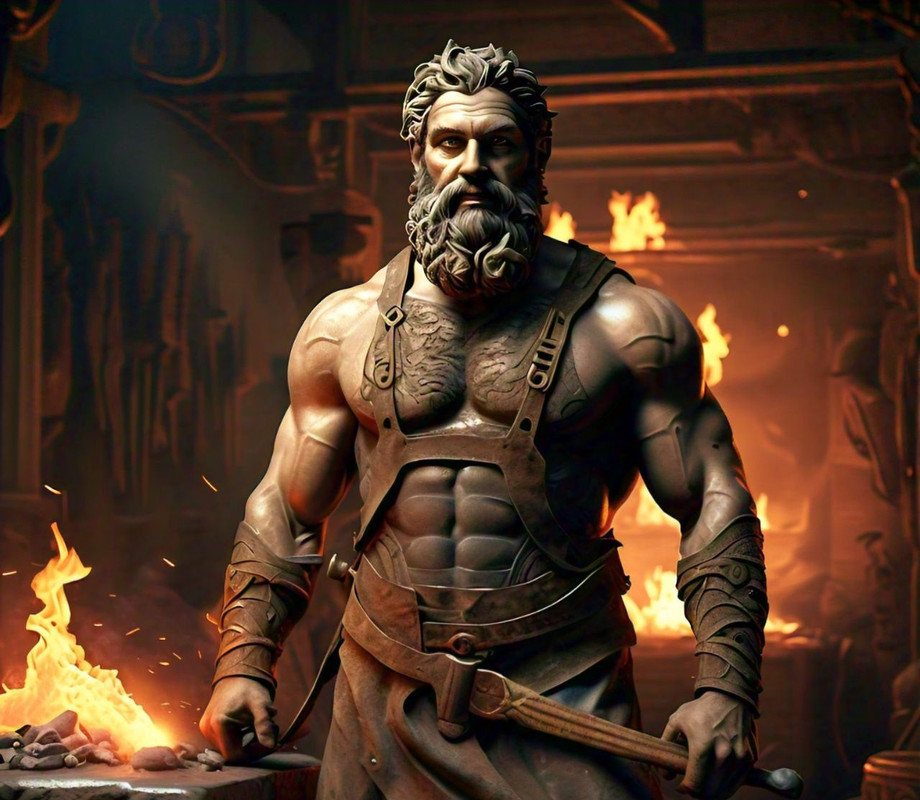
Hephaestus - The god of fire, metalworking, and craftsmanship, Hephaestus was thrown from Mount Olympus by his mother Hera because of his deformity. Despite his physical challenges, he became a master blacksmith, creating magnificent weapons and armor for the gods, including Zeus' thunderbolt and Achilles' armor. Hephaestus is also known for trapping his wife, Aphrodite, and her lover Ares in a net as a means of public humiliation.
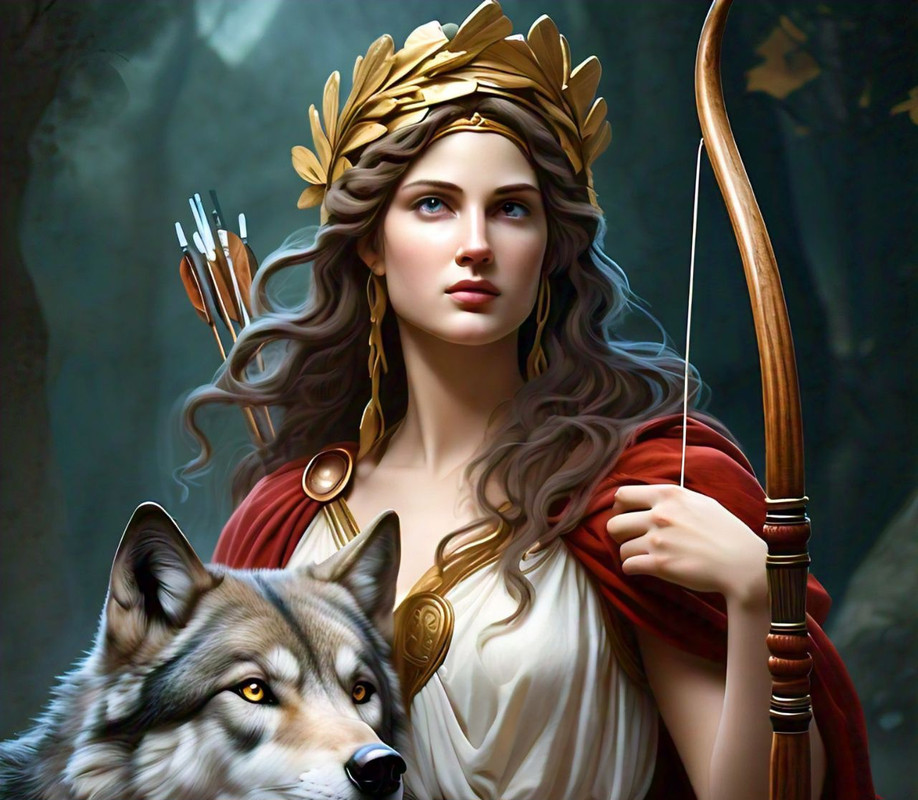
Artemis - The goddess of the hunt, wilderness, and childbirth, Artemis is the twin sister of Apollo. She is a virgin goddess who protects young girls and presides over childbirth. One of her most famous myths involves Actaeon, a hunter who accidentally saw her bathing. In her wrath, Artemis turned him into a stag, and he was torn apart by his own hounds. Artemis is also associated with the moon and was often depicted with a bow and arrows.
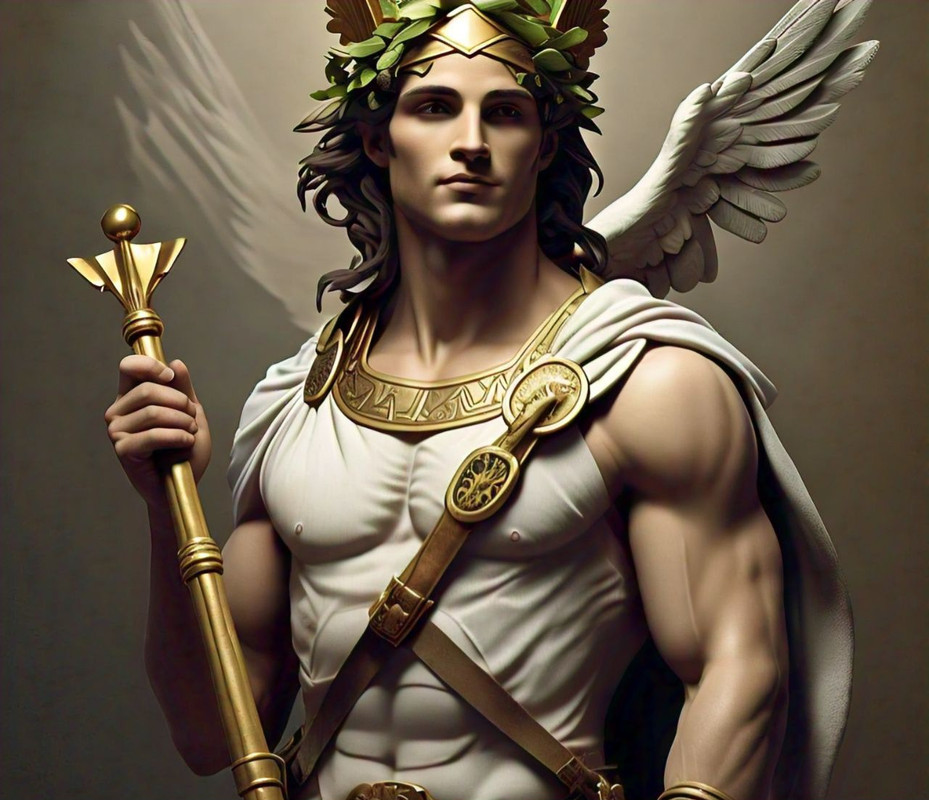
Hermes - The messenger of the gods and the god of travel, trade, and thieves, Hermes is known for his speed and cunning. He is often depicted with winged sandals and a caduceus, a staff entwined with snakes. Hermes played a crucial role in many myths, including guiding souls to the underworld and assisting Perseus in slaying Medusa by providing him with a magical sword and winged sandals.
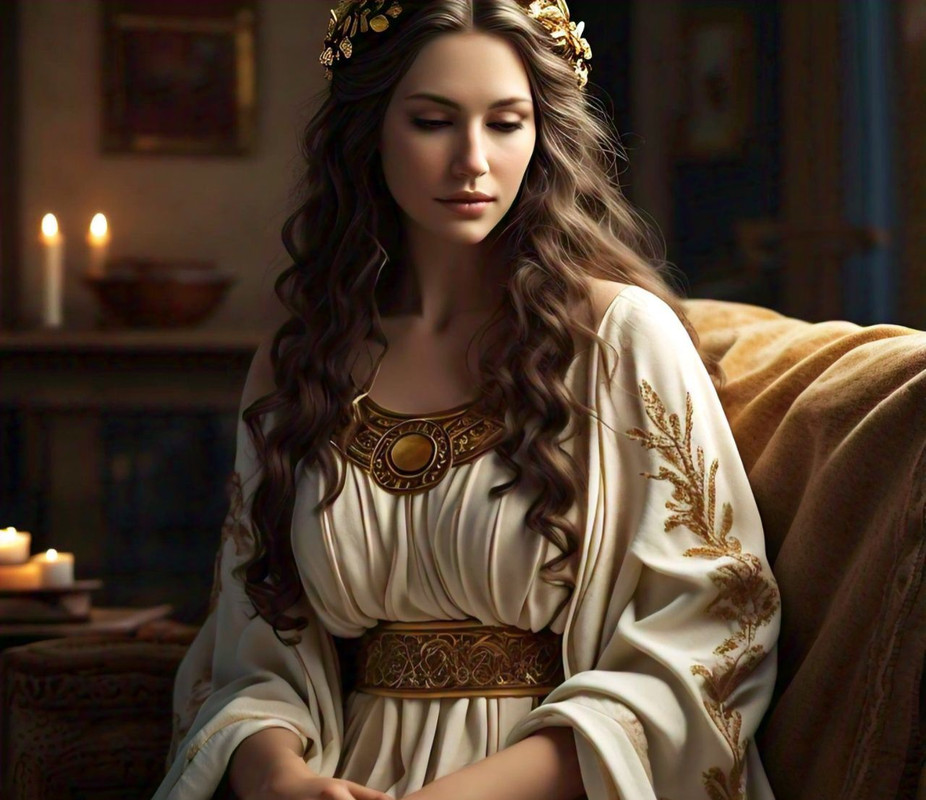
Hestia - The goddess of the hearth, home, and domesticity, Hestia is one of the least depicted Olympian gods, as she represents the stable center of the household and community. Her role was more symbolic, and she was often honored with the first offerings of food and drink. Hestia's importance lies in her embodiment of the warmth and security of home and family life.
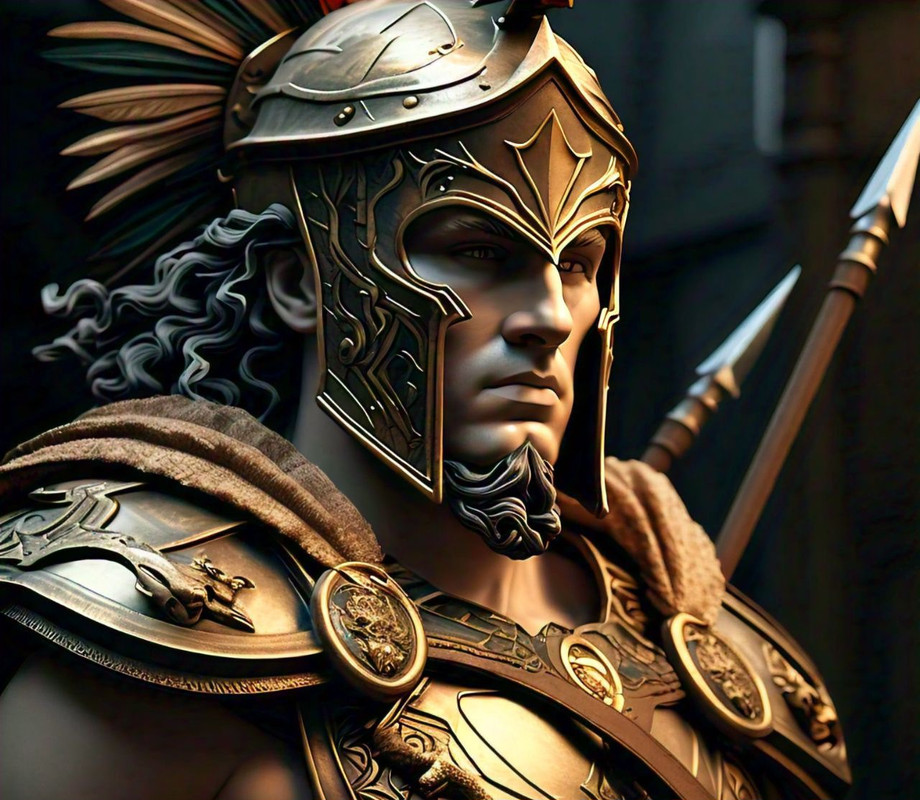
Ares - The god of war, Ares embodies the chaotic and violent aspects of conflict. Unlike Athena, who represents strategic warfare, Ares is associated with the brutal and bloody nature of battle. He is often depicted as a despised figure among the gods, yet he had numerous affairs, including with Aphrodite. Ares' mythological tales highlight the destructive consequences of unchecked aggression and violence.
The 12 Olympians are the most famous, there are many other gods, goddesses, and heroes with their own unique stories and roles in ancient Greek culture.
Are Greek Gods Real?
Greek gods are not considered real in the literal sense, they were deeply real to the ancient Greeks, who saw them as integral to understanding the world around them. Today, Greek mythology is studied and appreciated as a collection of stories that reveal much about ancient Greek beliefs, values, and experiences.
DON'T FORGET TO LIKE, COMMENT & SHARE
Kolade Philip O.
Writer